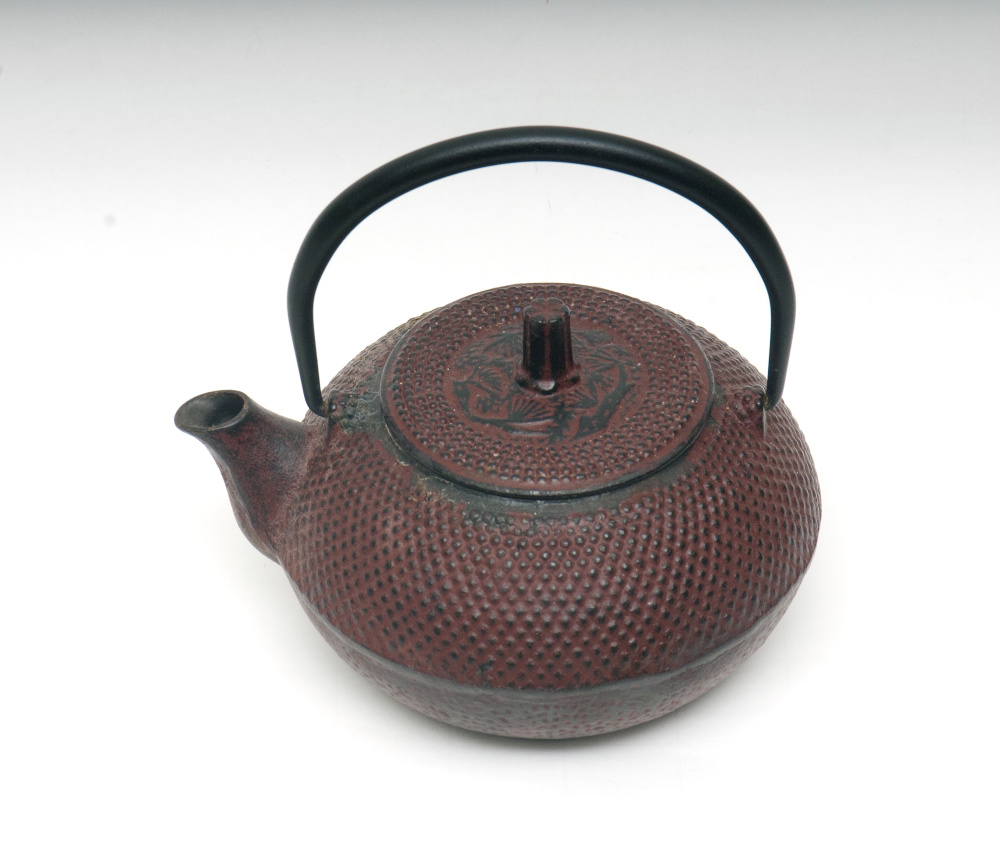Drinking tea has been a practice around the world since ancient times, and often has been seen as a way of promoting good health. Whether tea – either the green or black varieties – can reduce the risk of cancer is a question that has been studied, but hasn’t yielded a definite answer.

Made from the leaf of the plant Camellia sinensis, tea contains an array of chemicals including alkaloids, polyphenols, amino acids, carbohydrates, proteins, and volatile organic compounds. Many of the potential health benefits of tea have been attributed to the antioxidant activity of polyphenols.
More than 50 epidemiologic studies since 2006 have examined the relationship between tea drinking and cancer risk, with inconsistent findings. Some have found that tea-drinkers have reduced risks of cancers of the colon, breast, ovary, prostate, and lung. Others have failed to show benefits.
A few studies have found some evidence that green and black tea may reduce ovarian cancer risk. Higher consumption of flavonoids and flavonols – chemicals found in tea — was associated with a lower risk of ovarian cancer in one analysis of dietary habits and health from the Nurses’ Health Study. Other studies reported a lower risk of developing ovarian cancer with the consumption of green or black tea, while yet another report found that drinking green tea did not appear to prevent recurrences of ovarian cancer.
“It’s definitely a complicated question,” says Stacy Kennedy, MPH, RD, a senior clinical nutritionist in Nutrition Services at Dana-Farber/Brigham and Women’s Cancer Center. “What we typically say is that tea, like other plant foods, contains immune-supportive and cancer-fighting properties. But the challenge is to convey that the evidence for tea alone as a means of reducing cancer risk is too weak or inconclusive.”
Learn More:
Since scalding hot beverages including tea have been shown to raise the risk of esophageal cancer, Kennedy recommends that tea be drunk warm or cooled, and with limited amounts of honey or sugar, and it’s best to avoid artificial sweeteners.
Most studies of cancer prevention have focused on green tea, which contains greater amounts of catechins, although some research has suggested benefits from black tea consumption.
Not a tea drinker? Coffee consumption has also been studied in relation to cancer risk, and has generally been found not to raise risk. In some cases, it has even been shown to reduce it. Dana-Farber researchers reported in 2015 that drinking caffeinated coffee daily may improve the survival of patients with colon cancer.
